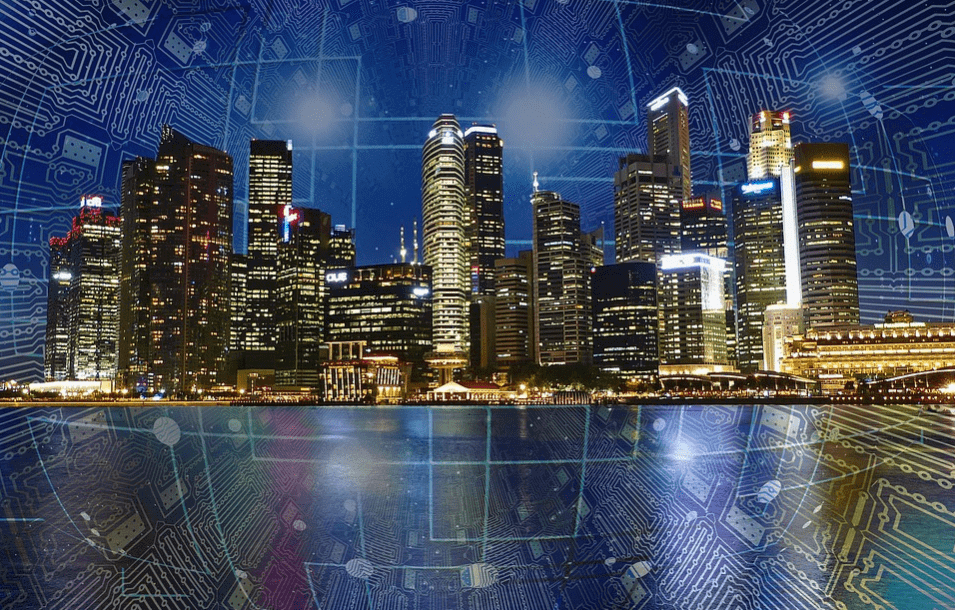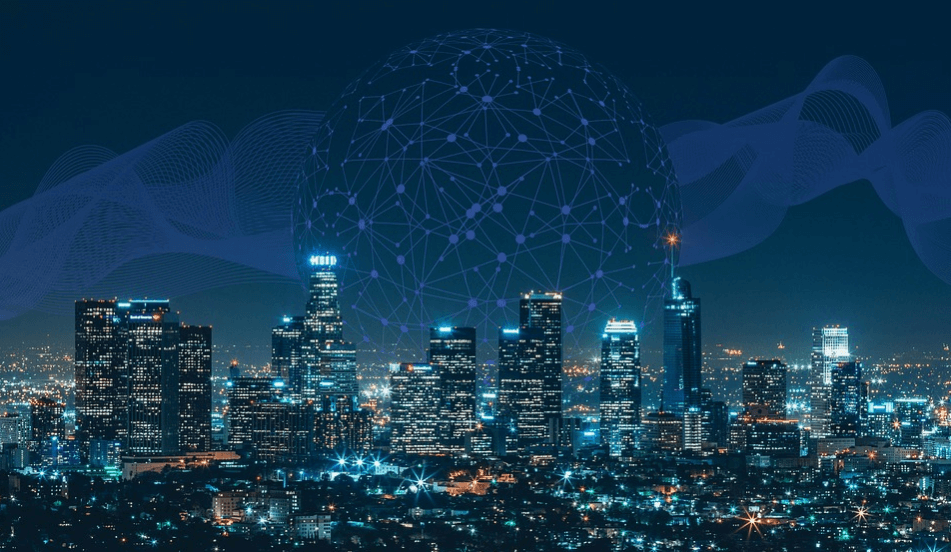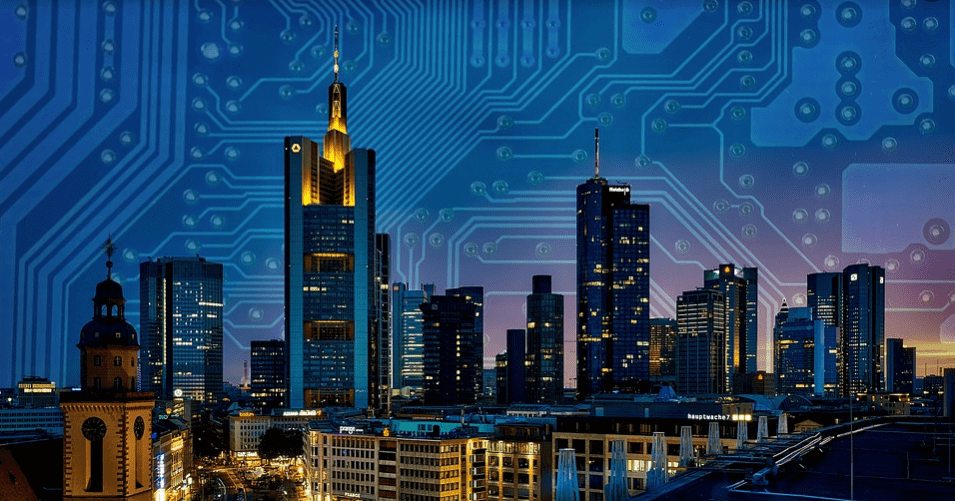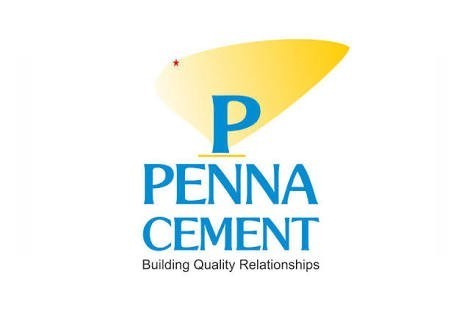
Pollution Management
Specific means of pollution control might include refuse disposal systems such as sanitary landfills, emission control systems for automobiles, sedimentation tanks in sewerage systems, the electrostatic precipitation of impurities from industrial gas, or the practice of recycling.
Smart Movement
The smart city concept integrates information and communication technology (ICT), and various physical devices connected to the IoT network to optimize the efficiency of city operations and services and connect to citizens. Smart city technology allows city officials to interact directly with both community and city infrastructure and to monitor what is happening in the city and how the city is evolving.


Emergency Vehicle Systems
End-to-end transportation solution for vehicle tracking, dispatching, parking area management, and optimal fuel consumption. ICT is used to enhance quality, performance and interactivity of urban services, to reduce costs and resource consumption and to increase contact between citizens and government.
sewerage system
A sewerage system, or wastewater collection system, is a network of pipes, pumping stations, and appurtenances that convey sewage from its points of origin to a point of treatment and disposal.


Smart Energy
Real-time monitoring using machine learning for preventive maintenance and energy saving.Smart city applications are developed to manage urban flows and allow for real-time responses. A smart city may therefore be more prepared to respond to challenges than one with a simple "transactional" relationship with its citizens. Yet, the term itself remains unclear to its specifics and therefore, open to many interpretations.[



